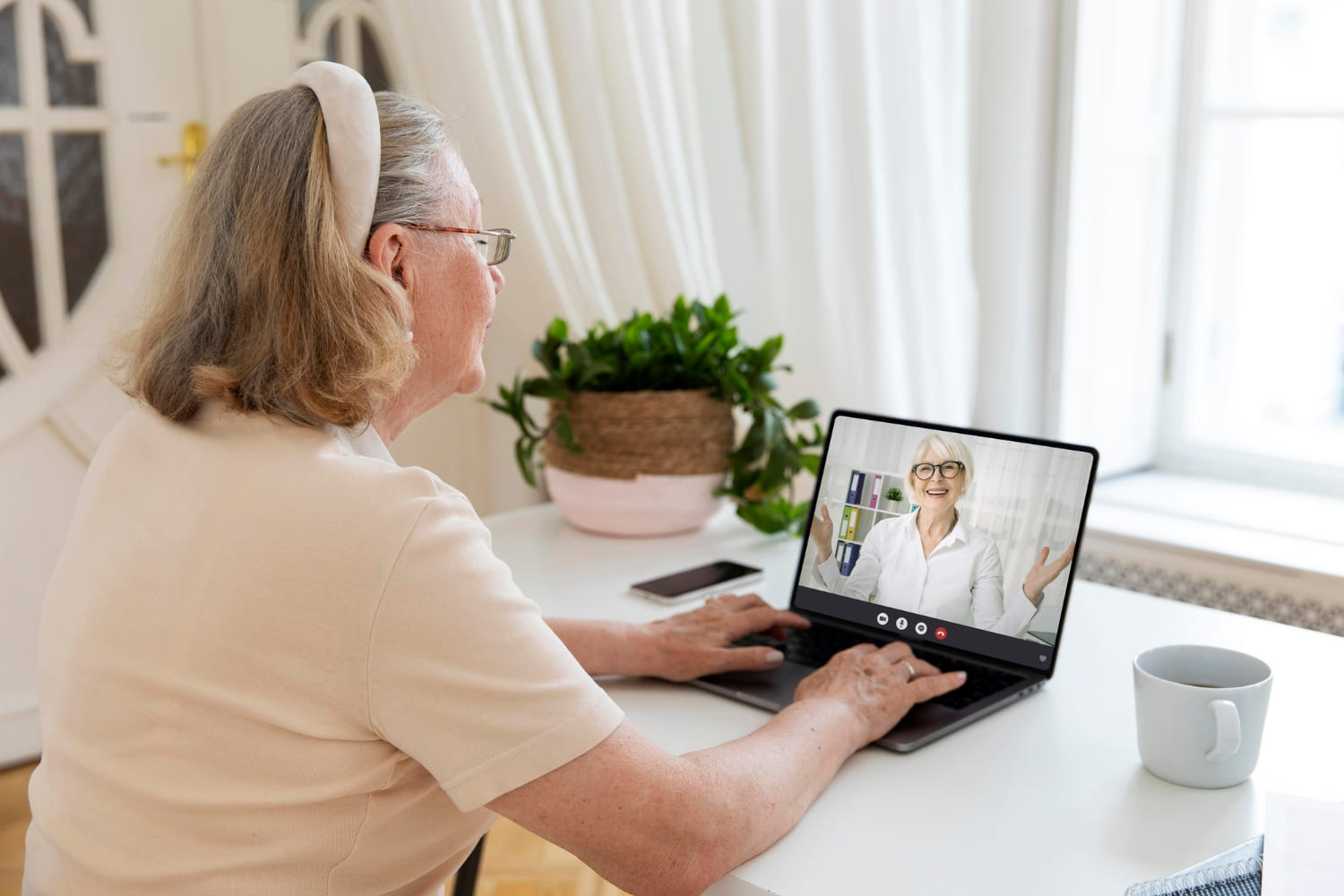Technologies
Innovative Home Care Technologies: Enhancing Senior Independence
Seniors are an important part of our society and deserve to enjoy safe and accessible travel. However, they often face challenges when planning their vacations due to physical limitations or tight budgets. In this guide, we will provide practical tips for planning a safe and accessible trip for yourself or your elderly loved ones, as well as recommendations for senior-friendly tourist destinations. Let’s start exploring the world of travel for seniors together!

The Rise of Smart Home Devices
Imagine a home that intuitively responds to the needs of its inhabitants. Smart home devices, once considered futuristic, are now pivotal in creating safer, more accessible living environments for seniors.
- Smart Assistants: Devices like Amazon’s Alexa or Google Home are more than just voice-activated speakers; they are virtual companions. They can remind seniors about medication schedules, appointments, or even suggest new recipes. With simple voice commands, these devices offer a hands-free way to manage daily tasks and stay connected.
- Smart Lighting: Automated lighting systems that adjust based on activity or time of day can prevent falls, a common hazard for seniors. For instance, lights that gradually brighten in the morning or illuminate paths at night can significantly enhance safety and comfort.
- Smart Thermostats: Maintaining a comfortable home environment is crucial for seniors. Smart thermostats learn residents’ preferences, adjusting temperatures to ensure comfort while optimizing energy use.
- Security Systems: Modern security systems offer features like video doorbells, motion sensors, and smart locks, providing peace of mind by enhancing home security. Seniors can monitor their homes remotely, ensuring they feel safe and secure.

Health Monitoring Tools: A New Era of Care
With the advent of health monitoring technologies, seniors and their caregivers can proactively manage health conditions, reducing the need for frequent hospital visits and allowing more time to be spent in the comfort of home.
- Wearable Devices: Fitness trackers and smartwatches equipped with health monitoring capabilities can track vital signs like heart rate, blood pressure, and oxygen levels. They can alert caregivers or medical professionals if anomalies are detected, enabling timely interventions.
- Remote Patient Monitoring: This technology allows healthcare providers to track patients’ health metrics remotely. Devices can transmit data such as glucose levels or ECG reports to doctors, facilitating prompt and informed medical decisions.
- Telehealth Services: Virtual doctor appointments have become increasingly popular, especially in remote areas. Seniors can consult healthcare professionals via video calls, eliminating the need for travel and making healthcare more accessible.

Assistive Technologies: Bridging Gaps to Independence
Assistive technologies are designed to support seniors in performing daily tasks independently, fostering a sense of autonomy and dignity.
- Mobility Aids: Electric wheelchairs and scooters have advanced to incorporate features like ergonomic designs and long-lasting batteries. These enhancements allow seniors to navigate their environments more freely and confidently.
- Hearing and Vision Aids: Modern hearing aids are more discreet and offer better sound quality, while adaptive technologies like screen readers and magnifiers help those with vision impairments interact with their surroundings effectively.
- Medication Management: Automated pill dispensers and reminder apps ensure medications are taken correctly and on time, reducing the risk of missed doses or medication errors.
The Benefits of Home Care Technologies
The integration of these technologies into senior care has far-reaching benefits, enhancing not only independence but also safety and quality of life.
- Improved Safety: Devices that monitor movement or detect falls can alert emergency services or family members immediately, reducing the risk of severe injuries.
- Enhanced Quality of Life: By automating routine tasks, these technologies allow seniors to focus on activities they enjoy, promoting mental well-being and reducing stress.
- Cost Efficiency: While the initial investment might be high, in the long run, these technologies can reduce healthcare costs by preventing hospital visits and enabling seniors to live at home longer.
- Peace of Mind for Families: Knowing that their loved ones are equipped with technology that ensures their safety and well-being provides reassurance to family members, allowing them to be more present and supportive.

Looking Ahead: The Future of Home Care Technology
As technology continues to evolve, the future promises even more sophisticated solutions that will further enhance senior independence. Innovations like AI-driven personal care robots or advanced home automation systems are on the horizon, potentially transforming the landscape of elderly care.
Conclusion: Embracing Technology for a Brighter Future
In conclusion, the integration of innovative home care technologies represents a significant stride towards empowering seniors to lead independent and fulfilling lives. By embracing these advancements, we pave the way for a future where seniors can enjoy their golden years with dignity, safety, and the autonomy they deserve.
As we continue to innovate, let us ensure these technologies are accessible and tailored to meet the diverse needs of the senior community. Together, we can create a world where technology acts as a bridge to a more connected and enriched life for our elders, celebrating their independence and cherishing their contributions to our society.


